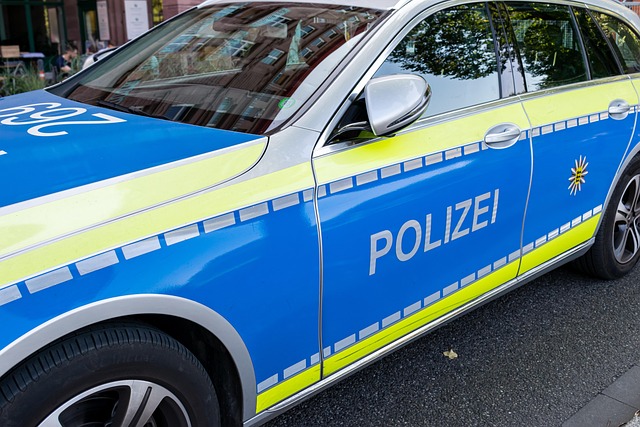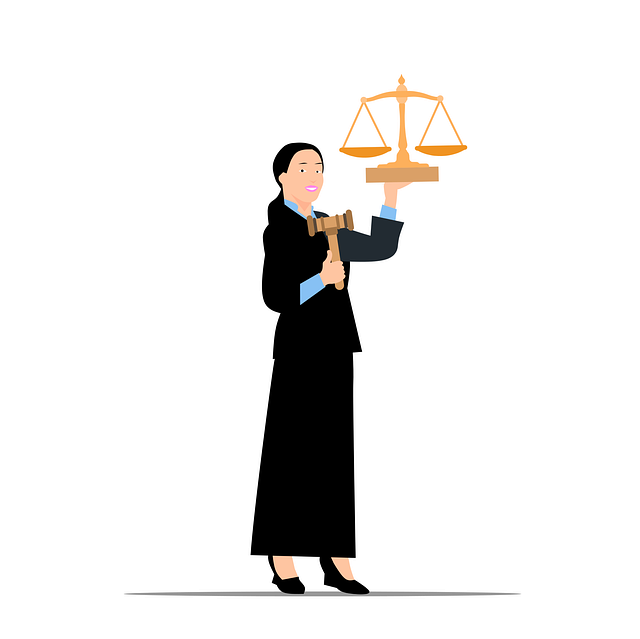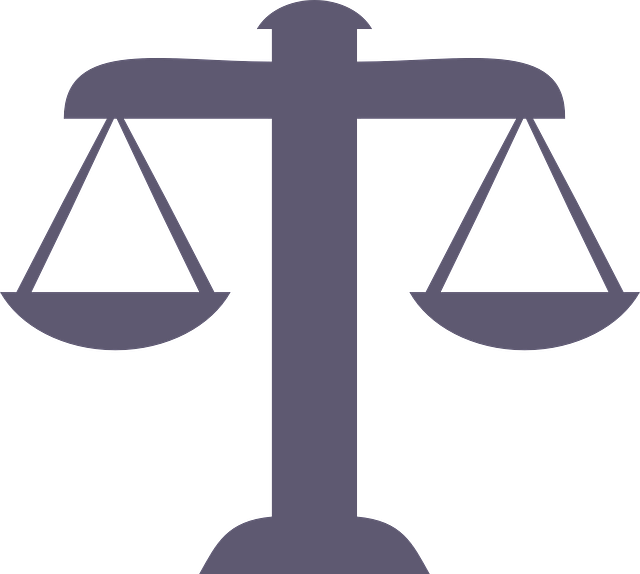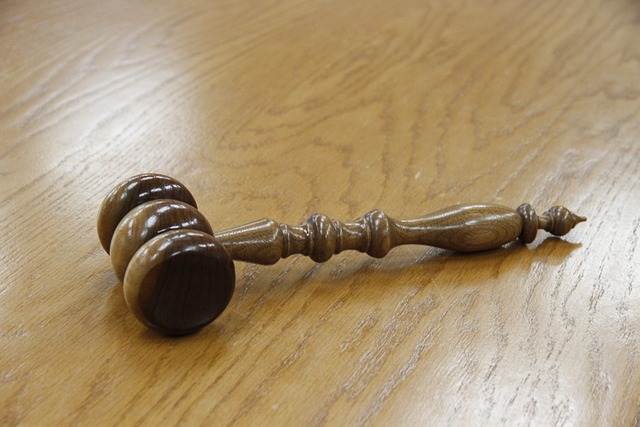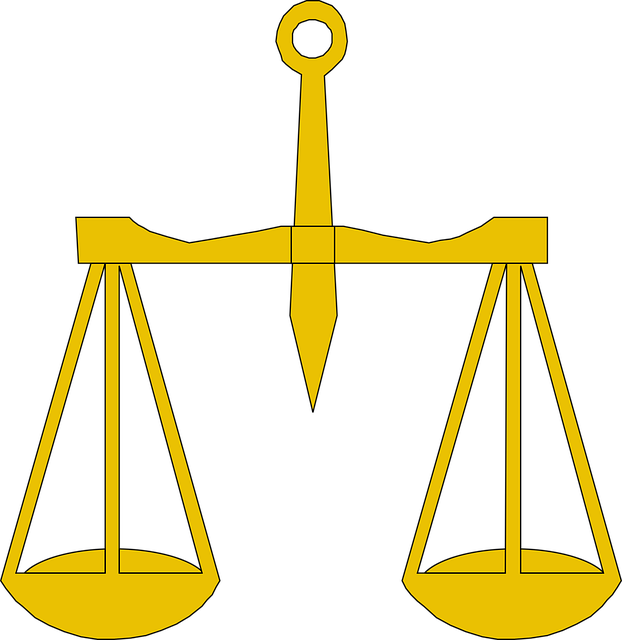Environmental Crime Trials hold individuals and organizations accountable for ecological damage through legal processes, with class action lawsuits playing a key role in offering compensation. These trials deter future misconduct, encourage sustainable practices, and raise public awareness, leading to successful outcomes like substantial financial restitution and legal precedents. By joining forces, affected communities can seek collective redress for environmental degradation, promoting corporate responsibility and environmental justice.
In an era where environmental degradation is a global crisis, Environmental Crime Trials (ECTs) play a pivotal role in holding perpetrators accountable. This article explores the intricate world of ECTs, focusing on class action lawsuits as a powerful tool for justice. We delve into how these legal battles not only seek to understand and expose environmental crimes but also offer compensation from class action lawsuits to affected communities. From successful case studies to future prevention strategies, this comprehensive guide sheds light on the impact and importance of ECTs in our struggle for a sustainable future.
- Understanding Environmental Crime Trials
- The Role of Class Action Lawsuits
- Compensating Victims: Legal Mechanisms
- Success Stories and Case Studies
- Future Implications & Prevention Strategies
Understanding Environmental Crime Trials

Environmental Crime Trials are legal proceedings focused on holding individuals or organizations accountable for ecological damage and degradation caused by illegal activities. These trials play a pivotal role in combating environmental degradation, ensuring justice, and providing a means of compensation from class action lawsuits. By investigating and prosecuting these crimes, the legal system aims to deter future environmental misconduct and promote sustainable practices.
These trials often involve complex issues, ranging from pollution and habitat destruction to fraudulent reporting and illegal dumping. Jurors in jury trials are tasked with evaluating evidence and determining liability, which can result in substantial monetary damages or winning challenging defense verdicts. In the context of white-collar and economic crimes, these cases highlight the intersection of environmental protection and financial accountability, where businesses and executives face consequences for their actions through rigorous legal proceedings.
The Role of Class Action Lawsuits
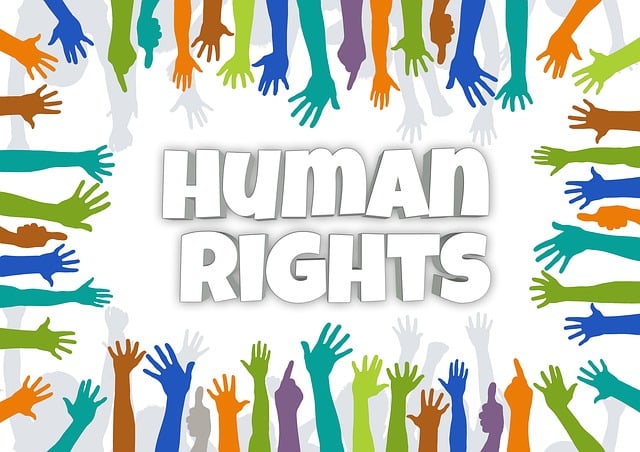
Class action lawsuits play a pivotal role in environmental crime trials by providing a powerful tool for holding corporate offenders accountable and securing compensation from them. These legal actions allow corporate and individual clients to unite their claims, amplifying the impact of their collective struggle against environmental degradation. By pooling resources and sharing legal strategies, affected communities can take on significant polluters, ensuring they face consequences for their harmful actions.
Through class action lawsuits, victims can seek not only monetary compensation for their losses but also injunctive relief to prevent further harm. The success of these cases often leads to achieving extraordinary results, setting precedents that shape environmental legislation and deter future violations. Jury trials in such cases serve as a public platform, bringing much-needed attention to the issue and holding companies responsible for their impact on the environment and communities.
Compensating Victims: Legal Mechanisms

In environmental crime trials, compensating victims is a critical aspect of justice. One powerful mechanism is class action lawsuits, which allow affected individuals to band together and seek collective redress. These suits can result in substantial compensation for communities that have suffered ecological harm, enabling them to cover medical expenses, property damage repairs, and loss of quality of life. The process involves filing a complaint with a court, certifying a class of plaintiffs, and negotiating a settlement or, if unsuccessful, litigating the case.
Successful outcomes from class action lawsuits not only provide financial relief but also send a strong message to respective businesses and industries, holding them accountable for their environmental transgressions. This collective action is especially impactful across the country, where similar cases can create precedents and prompt a complete dismissal of all charges in some instances. By leveraging legal mechanisms like these, victims can reclaim their rights and ensure that perpetrators are held responsible for their actions that have negatively affected the environment and communities.
Success Stories and Case Studies

Environmental crime trials have seen several success stories and case studies that highlight the power of legal action in holding perpetrators accountable. One notable example is the class-action lawsuits against major corporations accused of polluting communities and harming public health. These cases often result in substantial compensation for affected residents, setting a precedent for future environmental litigation. For instance, a recent jury trial awarded millions to a small town whose water supply was contaminated by an irresponsible manufacturing process, sending a clear message that such misconduct will not be tolerated.
Winning challenging defense verdicts in these trials is a testament to the strength of environmental regulations and public awareness. By presenting concrete evidence of harm and linking it to specific companies, activists and legal professionals have successfully avoided indictment for some cases. This strategic approach ensures that justice is served while also encouraging corporations to adhere to environmental standards, fostering a more sustainable future through both deterrence and compensation from class action lawsuits.
Future Implications & Prevention Strategies
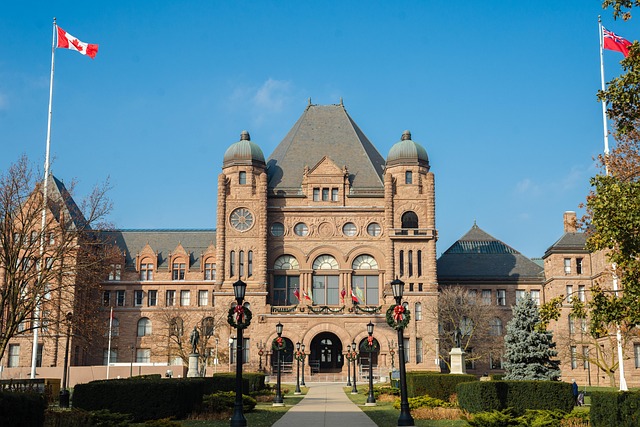
As Environmental Crime Trials gain momentum, their implications for future environmental justice extend far beyond the confines of individual cases. The successful prosecution of these crimes can lead to a significant shift in corporate responsibility and accountability, potentially transforming how industries operate and interact with regulatory bodies. One notable consequence could be an increase in compensation from class action lawsuits, providing affected communities with resources for recovery and restoration.
Prevention strategies must also evolve alongside this legal progress. Beyond the immediate aftermath of trials, fostering a culture of environmental stewardship within both corporate and philanthropic and political communities becomes paramount. Leveraging the unprecedented track record of successful Environmental Crime Trials could inspire more proactive measures to prevent such offenses from occurring in the first place. This includes stricter regulations, enhanced monitoring, and the development of sustainable business practices that prioritize ecological preservation.
Environmental crime trials play a pivotal role in holding perpetrators accountable and securing justice for affected communities. By examining cases like these, we can uncover successful strategies such as class action lawsuits, which not only provide compensation from legal mechanisms but also serve as powerful deterrents. The insights gained from success stories and case studies guide future implications, emphasizing the need for stringent prevention strategies to safeguard our environment. This holistic approach ensures that environmental justice is not just a goal, but a tangible outcome for all.


